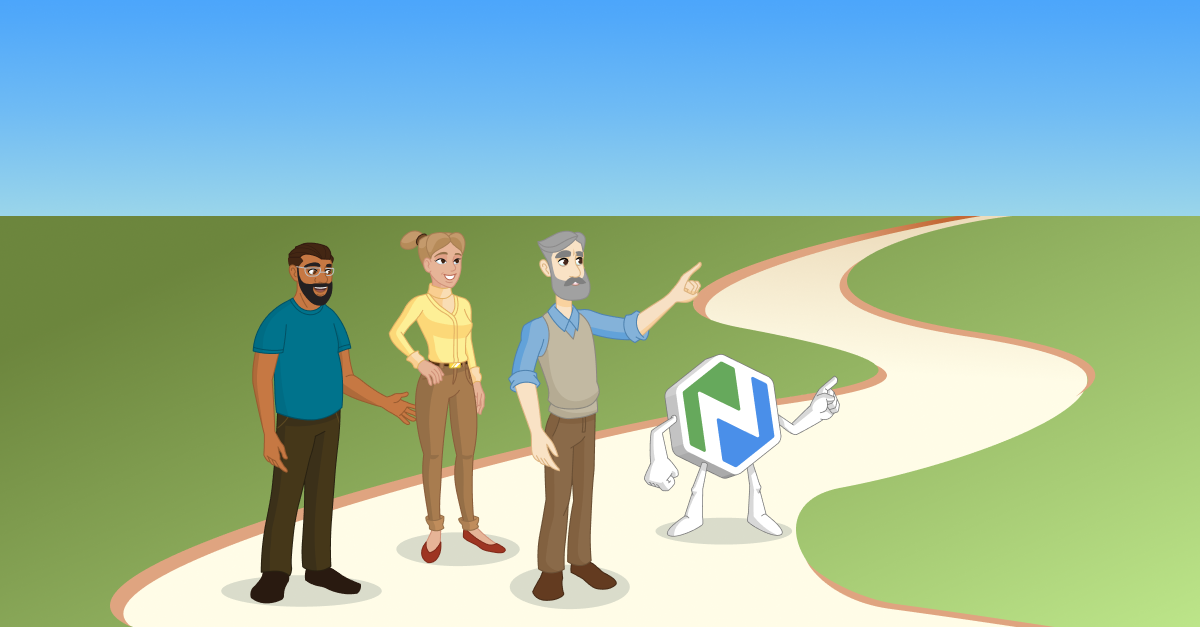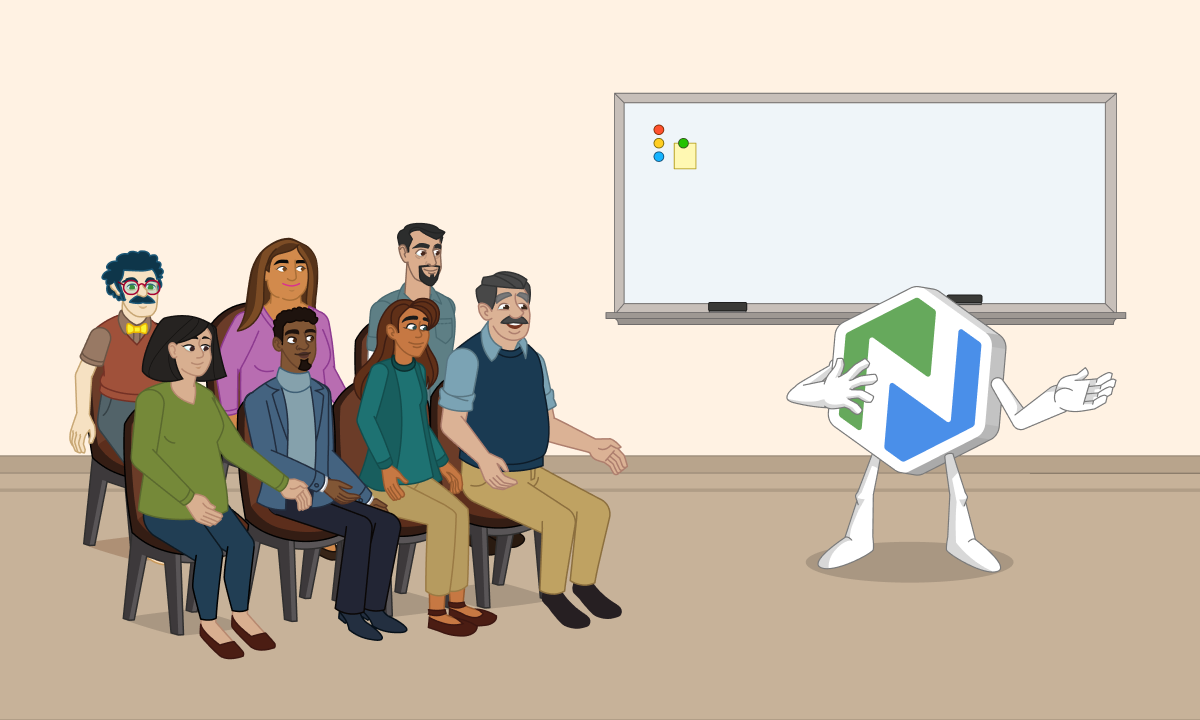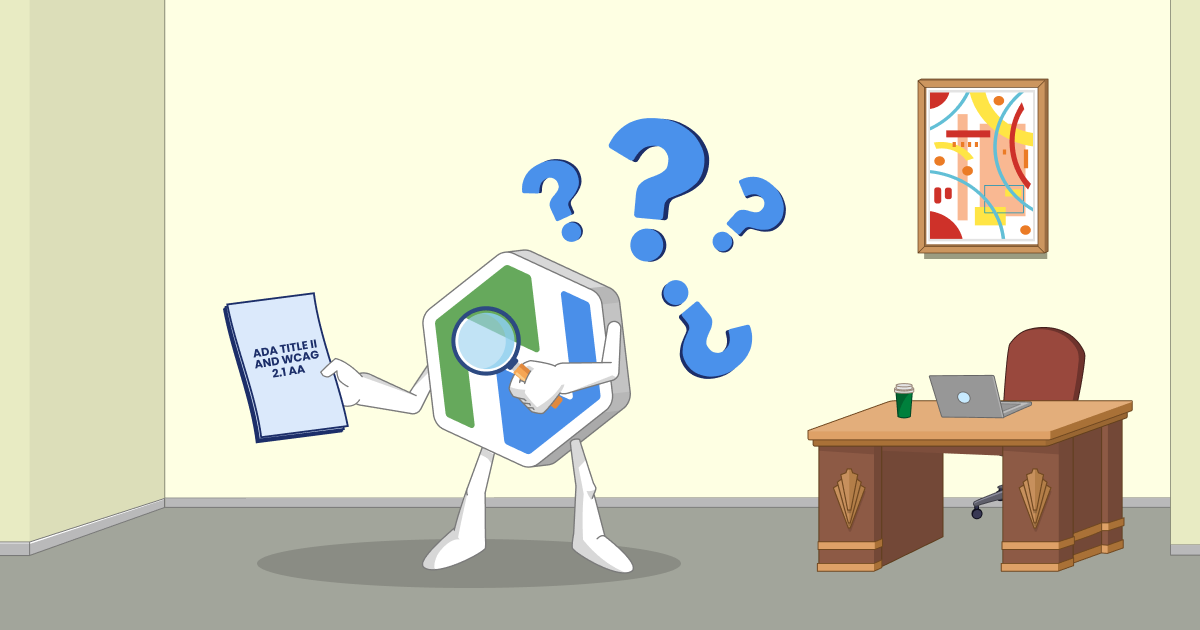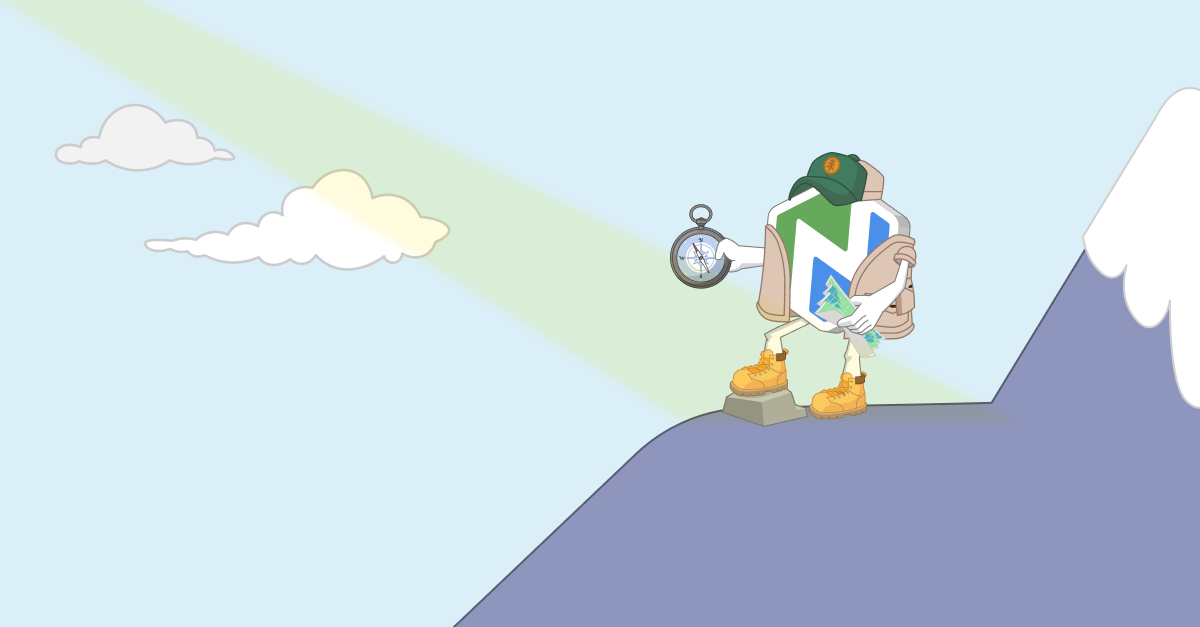How To Write Winning Grants—7 Simple Steps To Success
New to grant writing? Follow these stress-free tips to write winning grants, grow programs, and make a bigger impact in your community.

When I began working as a public librarian, I never expected to be writing grants. I don’t think it was in my job description, and it certainly wasn’t anything I learned about in my LIS program. Once, I received funds from my local big box store to buy books for a homegrown “One Book” program, but that mostly involved picking up the phone and writing a letter asking for support.
But when I started working at a bigger library, with a well-established grant writing history, I was thrown right in. They said, "We’re working on a grant. You’re going to be part of it."
And I loved it.
I was fortunate to be part of a cross-departmental team that worked seamlessly together and had successfully written grants in the past. They showed me the ropes so I didn’t have to tackle my first real grant alone. In the process, I realized how fun grant writing is. Sure, it’s a ton of work. And stressful. And time sensitive. But it’s also a big, creative puzzle that can result in huge gains for your library.
I went on to write more grants, many of which were successful (I could write a whole post on the ones that weren't). Along the way, I picked up enough tips and tricks to teach others how to write grants.
So, whether you’re a seasoned grant writer looking for inspiration, currently writing your first grant, or just dreaming of building grant writing into your skillset, here are some tips that have worked for me—and can for you.
Why Write Grants
I’ve never known of a library that has all the money it needs to fund everything it wants to. But aside from the “we need money” argument (which actually isn’t a great way to approach grant writing—we’ll get into that later), there are a few key reasons you might want to explore grant writing.
- Expand existing programs. Grants are a great way to take what you’re already doing in your library and bring it to the next level. Sometimes, all you need to take a program from good to great is a little extra support in the form of money, materials, or other resources that a grant can provide.
- Launch new programs. I always had a wishlist of programs or services I wanted to bring to my library. But without extra funding, many of them remained wishes. Grants are excellent opportunities for launching a program you couldn’t get off the ground any other way.
- Raise your library's profile. Leaders at your municipality or a university may not understand everything the library does, but they understand the value of grants. If your library brings money in, it’s an asset for the larger community.
- Build collaborations and partnerships. The best grants (and, in my experience, the most successful ones) aren’t just managed by the library. Partnerships and collaborations with other organizations help build the grant’s strength, the project’s sustainability, and your network.
- Build your personal capacity. This is a double benefit! You’ll build your skills by learning how to write and manage grants, making you stand out when you’re searching for jobs. And, you may find grants that support conference attendance or continuing education opportunities to help you gain new knowledge and experiences.
Seven Simple Steps
1. Be Honest
Before you do anything, ask yourself: Can I commit to this grant? Grant writing takes a tremendous amount of time. You’ll be gathering materials, figuring out a budget, drafting the narrative, and finding partners—none of which can be done in a flash. I had to carve out research and writing time among all my other duties, which wasn’t always easy. Really thinking through whether you have the time to write the grant is essential.
An even more important question is: Can I commit to this project? Let’s say you get the grant. Congratulations! Now the work really starts! Can your library commit to sustaining the project that the grant is funding? What happens when the money runs out? Will you be given enough time to administer the grant so the project is successful? The answers to these questions will vary, depending on the grant, the project, your schedule, and even the time of year.
In all cases, answering honestly—or pushing for honest answers from your administration—can save you the hassle of writing a grant for a project that will fizzle when the money runs out.
2. Prepare
You need to do many things to prepare to write a grant, but let’s focus on one—and it’s another question: What do you want to do, and why?
This question can help you structure your argument for a grant. And here’s the secret—it’s never about the library. Of course, your library will be the recipient of the grant, but your focus should be on your patrons and your community. What is the grant going to help them do? How will they benefit from a new space or service? What is the outcome of this benefit for the larger community?
Preparing to write with the answers to these questions in mind can help you maintain focus and energy. Plus, it’s much more compelling to grantors who want to know how you envision and measure impact from the start.
Need a little more guidance to get started? If you're feeling unsure about how to prepare your grant application, we've got you covered. Try our free tutorial at the end of this article for help with identifying needs and connecting needs with outcomes. The tutorial includes a step-by-step pre-planning worksheet!
3. Partner
My best grants always involved partners. Connecting with others in your community—whether they’re nonprofits, schools, museums, you name it—can almost always strengthen your grant. As in all programs, partners help fill in the gaps and address needs the library can’t meet, whether that’s expertise, space, advertising, or connections. Bringing others into a grant also demonstrates an extended reach for the project and can make it more sustainable if one of the partners has to bow out for any reason. So whenever you’re looking at a grant, see if other organizations want to submit a letter of support, take part in the project, or donate matching or in-kind funds.
As a bonus tip, if you come across a grant that can benefit the community but isn’t a great fit for the library, send it to your network and offer to partner with them if they’re interested in applying! The library doesn’t always have to be the lead grant writer. Whatever you can do to build relationships for the benefit of the community is worth looking into!
4. Match missions
Your library’s mission is the foundation of your narrative argument. How does the project you’re proposing fit the mission, and how does the grant support it? You should know your mission inside and out, be able to repeat it verbatim, and put it into your own words so it sounds natural as you weave it throughout your narrative.
One overlooked step is to look at the grantor’s mission as well. What do they believe in? What do they want to fund? What is their driving purpose? If that information isn’t in the grant, visit the grantor’s website and see if you can find it. Then, think about how it fits with the library’s mission and make those connections explicit in your application.
5. Write
The actual grant will probably be divided into two main sections—a narrative and a budget, both of which are often broken down into subsections. These take a lot of effort to pull together properly, so give yourself time.
It’s a good idea to know your strengths. I can craft compelling grant narratives, and I love to do it. But I should not be let anywhere near a budget. Focus on your strengths, be honest about your weaknesses, and see if you can bring in colleagues who can compensate for them. Grants are competitive. Your goal is to get the money, not the grant-writing glory.
Sometimes, a specific person in your library or community, like the director or head of finance, may have to write or sign off on part of the grant. Make sure you know if the grant (or your library, city, or campus) requires this. Get that person on board as soon as possible and tell them exactly what you need from them, and when you need it.
Finally, if multiple people work on the grant, try to have one editor. This person can focus on aligning all the “voices” in the grant so you have one cohesive narrative.
6. Use Shortcuts
I used to hate pausing a great writing session to email someone for basic information I didn’t have at my fingertips. It would throw me off course, especially if I had to wait several days for a reply (which can seem like an eternity when you're working against non-negotiable deadlines).
Most grants want the same information over and over again. You can save a lot of time by pulling together commonly used resources like the library’s history, program attendance, and community demographics. Keep all the information you think you’ll need in one place and keep it up to date. If the information isn’t sensitive or legally protected, consider making it easily accessible to anyone working on the grant.
7. Manage Rejection
Remember earlier in this post, when I said I could write an entire blog article on the grants I didn’t get? They stung at the time (some still sting), but I learned a lot.
When an application is rejected (which some will be—it’s part of the process), take stock. If the funding agency gives you written feedback, great. Read it and take it to heart. You might not agree with everything they wrote, but you’ll better understand what they’re looking for.
If you don’t get written feedback, call the grantors and ask if you can talk about how to make your application better. You may get some useful tips you can use to revise and resubmit your grant.
Finally, if you know someone who got the grant, or if successful projects are published online, ask to see their application. They might not share it, but if they do, you can see what a winning application looks like and use it to reframe how you approach your next grant.
Learn More Today
I was lucky enough to learn grant writing from an experienced team. You may not have experienced grant writers at your library, but that doesn’t mean you’re on your own!
At Niche Academy, we believe so strongly in building grant writing capacity that we’ve created a seven-part tutorial series to walk you through the process step by step. Building on the ideas in this article, the series offers activities to boost confidence and skills—helping anyone in any library write a great grant. And, when you get that grant, we have you covered too! Our five-part series on grant management can help you administer grants with less stress and more success.
Free Access to Grant Writing Basics: Part 1 - Preparing for a Grant
If you’re interested in learning more, here’s the first tutorial in the seven-part series: Preparing for a Grant. You can see what our tutorials look like—and take the first steps in writing a successful grant.

.png)
.png)

.png)
.png)

.png)
.png)
.png)
.png)
